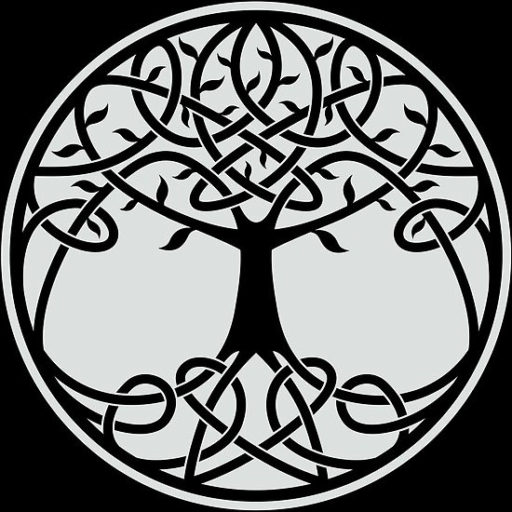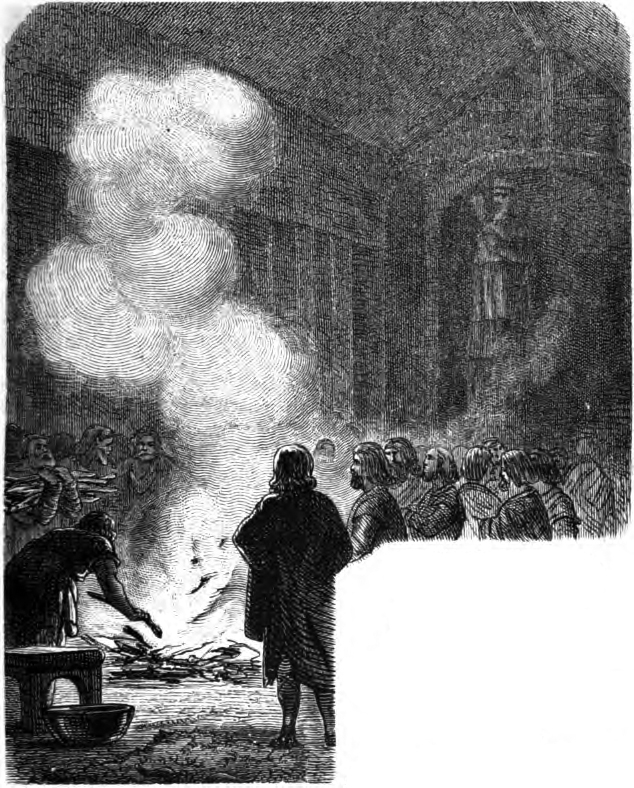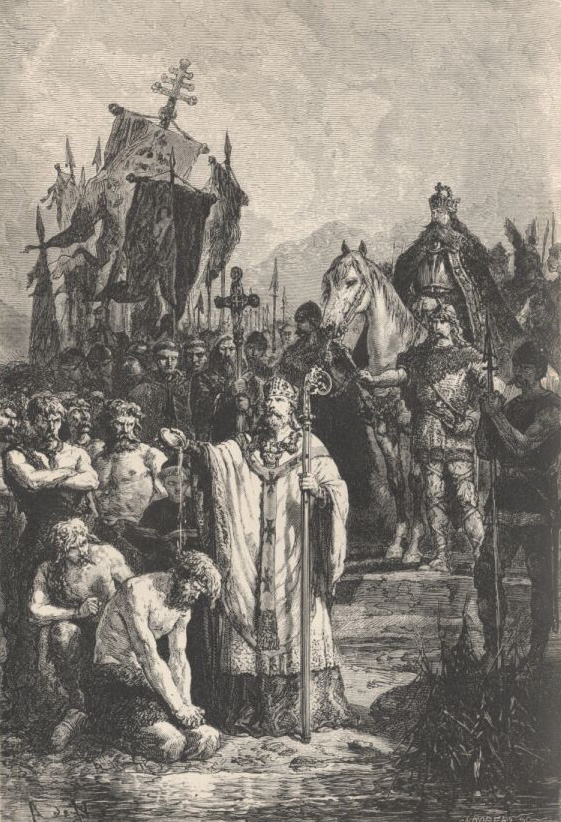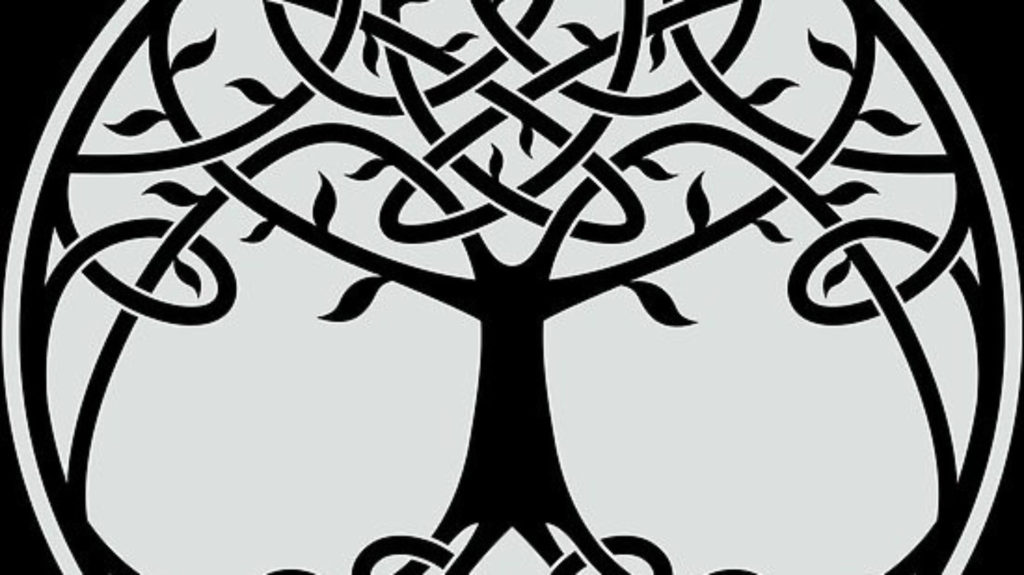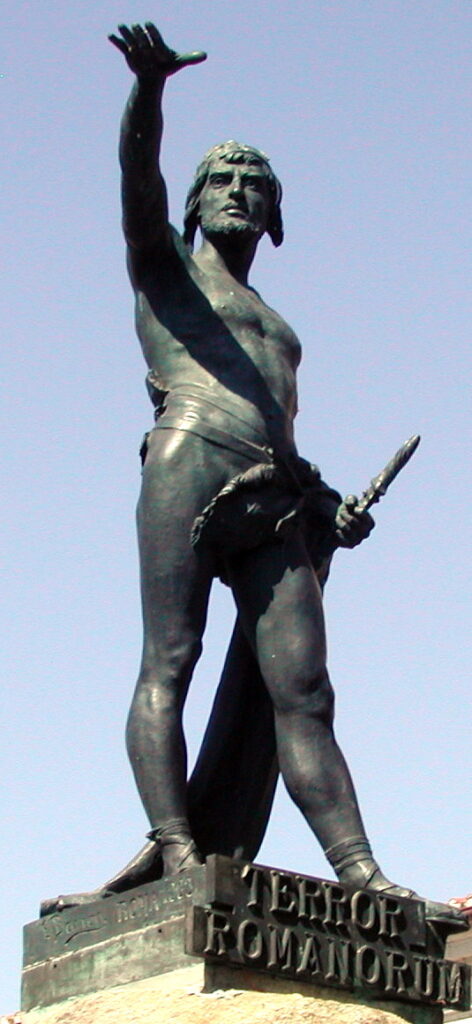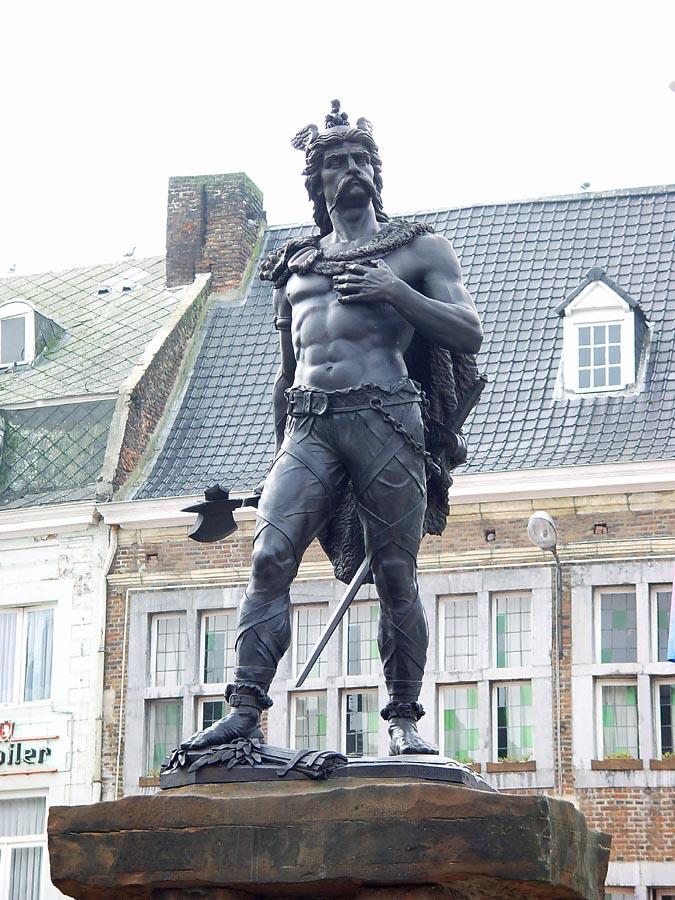This is the story of the lost tribe,
not vanished but taken.
Cut from its own remembering.
Modern Polytheism has become too polite. Reclaim the sacred wild, tear through the present, and awaken the barbarian who remembers how to dance with the gods.
To promise freedom only in the future is to accept submission in the present. The world demands sacrifice now for rewards later. Endless toil is repackaged as progress, designed to keep people compliant. This is nothing more than the rebranding of the WASP work ethic and bootstraps ideology, an endless cycle where freedom is always just beyond reach. There is no greater lie than “suffering now leads to freedom later.” The cycle must be broken. A life spent waiting is not life at all. The only true liberation is one that can be felt now, lived now, claimed in the present.
Earthworks such as swales, terraces, and rainwater capture sites are essential tools for ecologists and regenerative agriculturalists seeking to facilitate this renewal. These earthworks capture and store rainwater in the land, allowing it to restore the essence of life to the region. The earthworks bring fertility, and fertility brings better rains. Out from the building of the earthworks flows all of the goodness and bounty that restores balance, fertility, and life to the land so long as we honor our role in that cycle.
The word Stellinga comes from Old Saxon and means “the companions” or, somewhat humorous for some folks, “the comrades.” These Saxon men were of the social classes known as frilingi and lazzi by the feudal law of their day, best expressed in our understanding as freemen and freedmen, and their demands were simple. They wanted a restoration of the social and political rights guaranteed to them under the order of the Saxon Confederation of tribes which held sway before Charlemagne conquered, converted, and enforced his order upon them.
Manifesto of Barbarianism. This manifesto is a living document, evolving as we grow in our understanding and practice. We affirm that by upholding and acting upon these values, we will transcend the false and oppressive identity of whiteness. We will once again become a people of the land. All power to the people. All glory to the gods and ancestors.
Imbolc, also known as Brigid’s Day, is a traditional Gaelic festival marking the beginning of spring. Historically, it was widely observed throughout Ireland, Scotland, and the Isle of Man. The festival occurs on February 1st, approximately halfway between the winter solstice and the spring equinox.
Under the shadow of ancient oaks in the rugged terrain of Lusitania, a young shepherd named Viriathus watched as Roman legions marched through his homeland. This was not just the invasion of a land; it was an assault on a way of life, a culture, and a people. From these humble beginnings rose a leader who would become Rome’s greatest adversary in the Iberian Peninsula.
Little is known about the early life of Ambiorix, but by adulthood, he had become one of the principal leaders of the Eburones, a tribe part of the larger Belgae confederation. Located in what is now Belgium, the Eburones were strategically positioned along the Rhine, a major frontier for the expanding Roman Empire.
The abolition of whiteness does not aim to negate individuals or their heritages. Instead, it seeks to deconstruct an oppressive system, foster greater equity, and encourage introspection about the roles each of us unconsciously plays within this paradigm. More than mere acknowledgment of these structures is required. We must be committed to materially deconstructing the forces of racialization in our societies.


